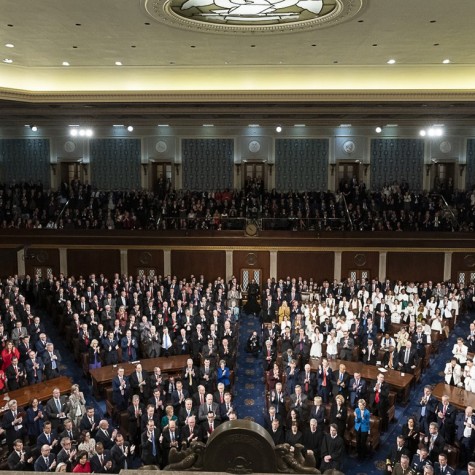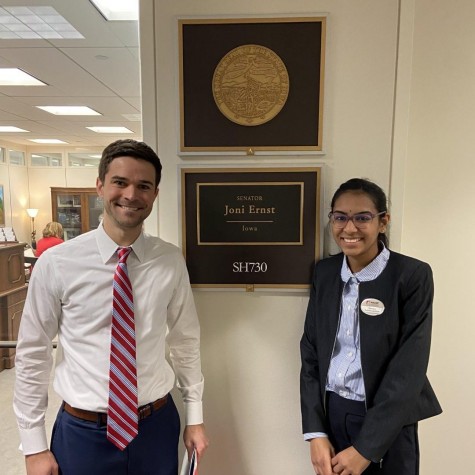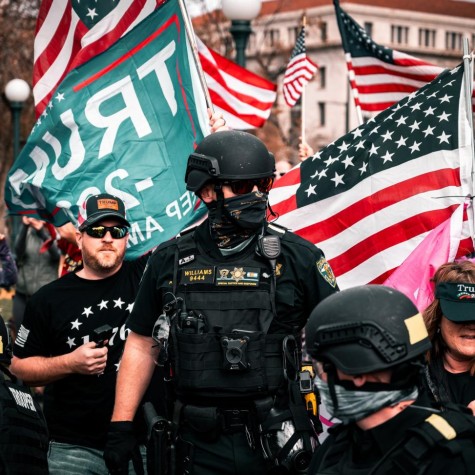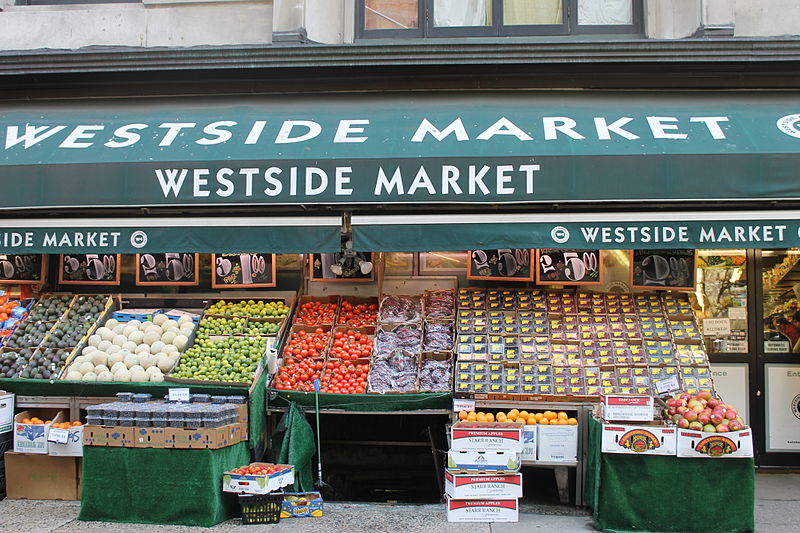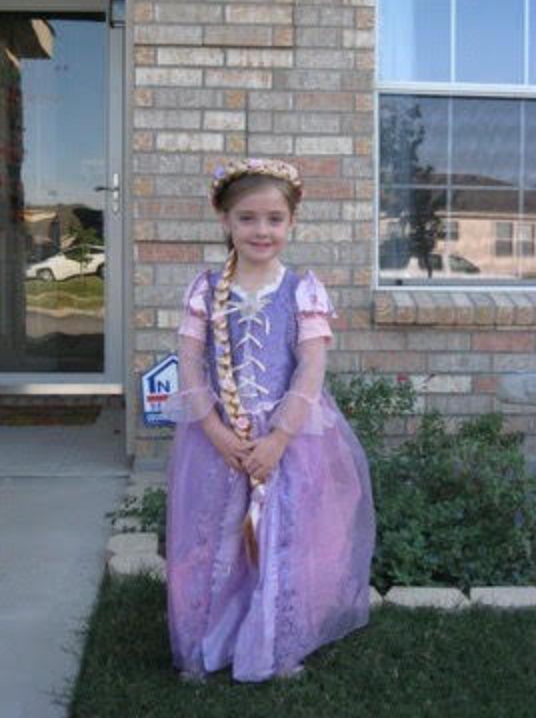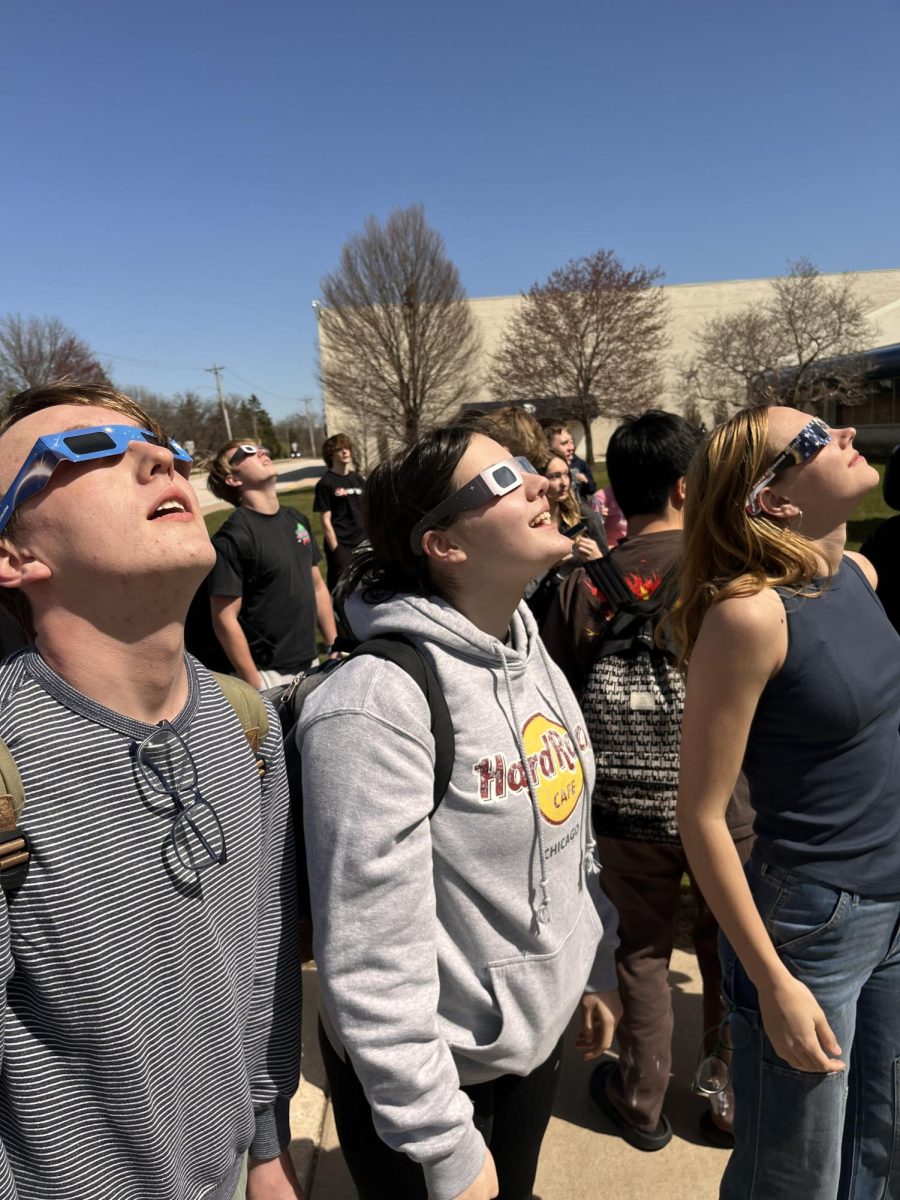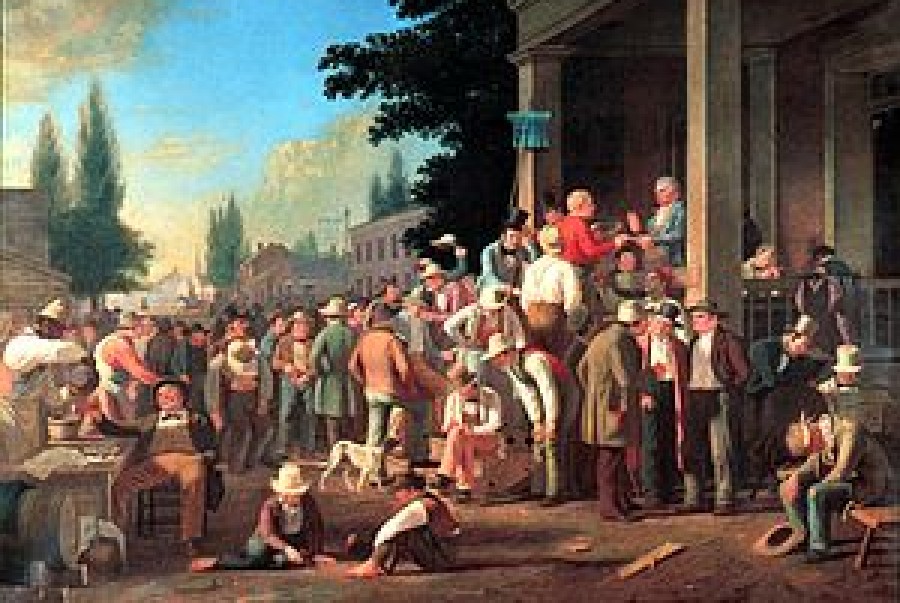
Voting is believed to be a sacred right to humanity’s way of governance. The Founding Fathers wrote the Constitution to grant power to the people to better reflect the unalienable rights of life.
While President Thomas Jefferson declared that all men are created equal in the Declaration of Independence, the Constitution seemed to have been intended for the few people rather than all people. The founding fathers did not grant slaves nor women the right to vote. Only white men aged 21 and older who owned property were granted this right.
The 14th and 15th Amendment eliminated racial barriers by granting voting rights to all men born or naturalized in the United States. However, states had individual voting laws and continued to discriminate against Black Americans by imposing poll taxes and literacy tests to prevent them from voting.
The Civil Rights Movement highlighted the Constitution’s flaws in upholding the right to vote for Black Americans. The discriminatory practices of Jim Crow laws made it a struggle for Black people to cast their vote. The Civil Rights Act of 1964 and the Federal Voting Rights Act of 1965 banned these discriminatory practices by federally enforcing moral voting laws such as removing poll taxes and literacy tests that intentionally discriminated against people of color.
The women’s suffrage movement was a long journey to obtain the basic rights of citizenship. Ratified in 1920, the 19th Amendment granted women the right to vote and run for office.
While the Constitution originally restricted rights to certain people, Senior Akash Pradeep believes that it was written to bring sustainability to the nation’s future. “The Constitution allows for states to amend it to combat challenges of the country’s current state. That is why we’ve seen voting laws change to grant power to all people, not just some people, but there is still a lot of work to be done,” he shared.
The 2020 election was the biggest voter turnout in the United States’ history with more than 159 million Americans casting their ballots. PV alumna Sakshi Lawande voted for the first time this year and knows the power behind her vote.
“I will never take my vote for granted because it is a right many Americans have sacrificed so much for. It is a privilege for me to vote because I understand that many before me were not granted that right,” she said.
Former President Donald Trump claimed the 2020 election was rigged because of widespread voter fraud despite no evidence to back up his declaration. His loss has led to many Republicans signing legislation intended to ensure voter security, however, many believe the laws are intended to restrict voting.
Governor Kim Reynolds recently signed new voting laws that she believes will defend the integrity of future elections, but they have also brought controversy because of the laws’ voting restrictions.
The new laws cut the voting period from 29 to 20 days. Voting polls will close at 8 p.m. rather than 9 p.m.. Absentee ballots must arrive by the time the polls close to be counted rather than the former deadline of noon the next day.
Lawande believes the surge of voting laws across Republican states have no relation to voter security. “I believe these laws are meant to restrict voters because Republicans lost the election with a huge voter turnout. I am worried that we are going backwards rather than forward on granting all Americans equal access to voting,” she expressed.
The United States has a long and complex history behind enforcing freedom and equality to people of all backgrounds. However, the evolution of the Constitution proves that these ideals of governance can become more inclusive. Many believe that democracy is stronger when it reflects all people but new voting laws could weaken the power of the people.








